Wogomdou: Sparkling, Drinkable Water - At Last!
- Par Kimeng Hilton
- 24 août 2021 12:40
- 0 Likes
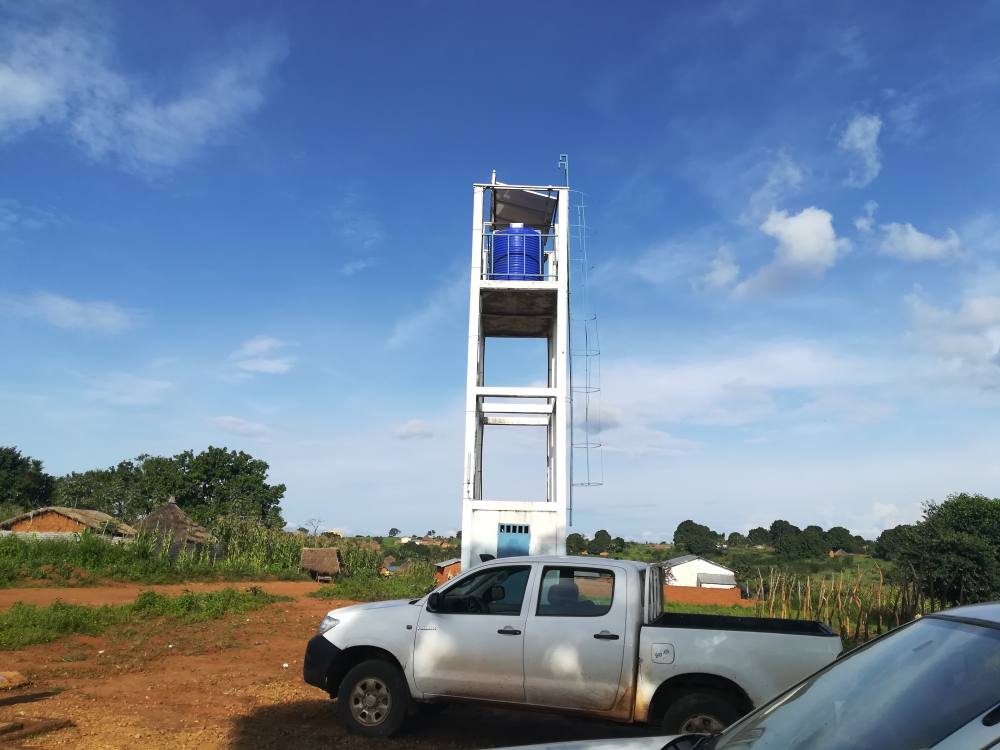
Thanks to the Maternal, Newborn and Infant Health Support Project, MNIHSP, the over 6,000 residents of the community in Faro and Deo Division of Adamawa Region no longer have problems getting good drinking water.
The axiom, “Water is life,” might not make much sense to some people. Especially those who for decades have enjoyed good, drinkable water. But elsewhere, like in Wogomdou community, located in Galim-Tignere Subdivision, Faro and Deo Division of Adamawa Region, water is truly life! The big settlement of over 6,000 people, which falls under Tignere Health District, was for decades prone to diseases resulting from unclean drinking water collected from stagnant streams and during rainfall.
To these hapless people, sparkling clean, drinkable water was more than a dream. Given the high cost involved in drilling a borehole or digging an improved well and equipping it with storage tanks. Which also require power to function. “I have noticed many changes in Wogomdou Integrated Health Centre,” notes His Majesty Yahaya Ndjoudhi, Chief of Wogomdou community.
“Through the health centre, Wogomdou has seen its first ever clean water supply. There is no borehole or clean water source in the village, other than what the United Nations Children Fund, UNICEF constructed for the health centre in 2018,” explains Chief Ndjoudhi, grinning. “The whole population is happy!” the traditional chief quickly adds, with an obvious sense of self-contentment.
"Water-borne diseases in Wogomdou have virtually disappeared since the water tower was constructed,” says Ahmadou, Head of the State-run Wogomdou Integrated Health Centre. “Before 2018, we received about 9 cases a week. Now, we only consult about two patients a week. Villagers come from as far as 7 km just to fetch quality water in the health centre to drink at home,” Ahmadou underscores.
Comprising two tanks of 6,000 cubic metres each, the water tower which is powered by solar energy, is patronised by about 100 people daily - excepting patients - who use it with family members mainly for drinking. “Since my recent operation, I only drink the water fetched from the health centre to avoid falling sick,” Chief Ndjoudhi notes.
According to the 2018 Demographic and Health Survey, DHS, maternal mortality in Cameroon remains high. With 406 women dying per 100,000 live births. Hardest hit by maternal mortality are the northern regions of Adamawa, North and Far North, and East. I
Déjà abonné ?
Identifiez-vous >
Cet article complet est réservé aux abonnés
Accédez en illimité à Cameroon Tribune Digital à partir de 26250 FCFA
Je M'abonne
1 minute suffit pour vous abonner à Cameroon Tribune Digital !
Reactions
De la meme catégorie
En kiosque
Les plus Lus
- Infrastructures : un immeuble futuriste sort de terre à Yaoundé 78
- Développement des solutions digitales : le Cameroun prépare son programme spatial 78
- Fight Against Secession : President Buhari Promises Nigeria’s Support 84
- Koutaba: la formation va bon train 6
- Concours de la Gendarmerie : nouveau délai pour le dépôt des dossiers 23







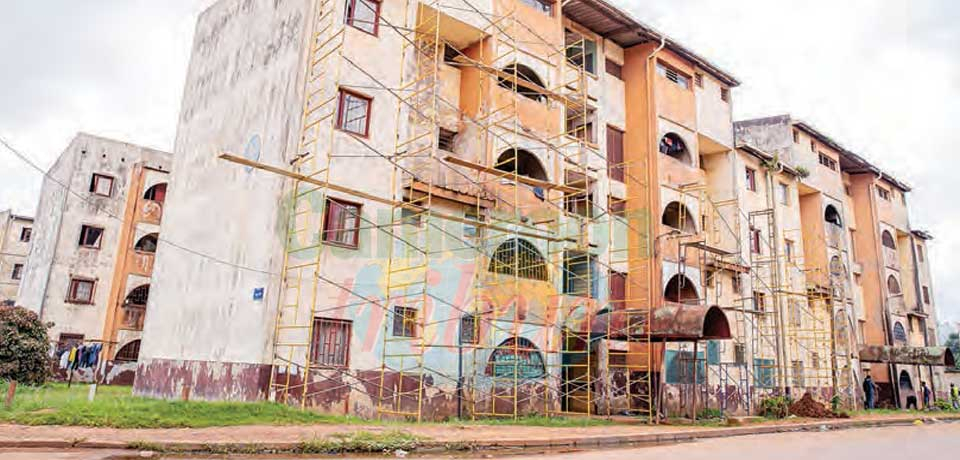
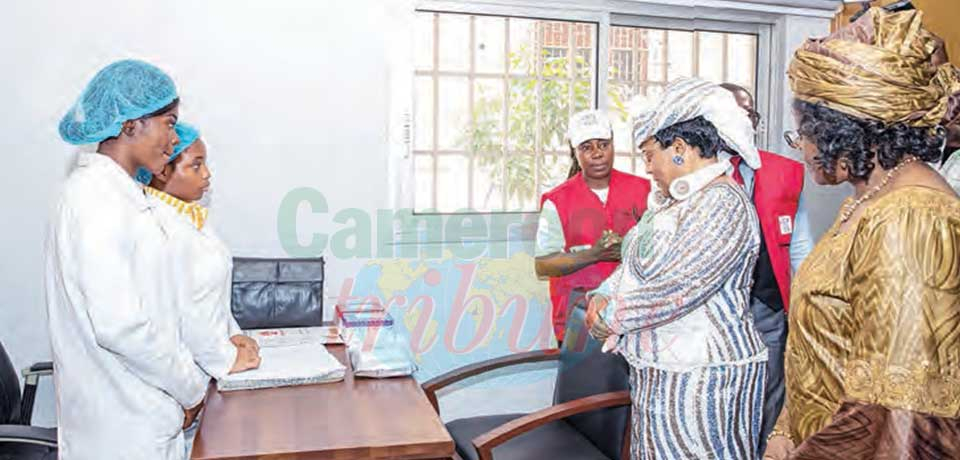
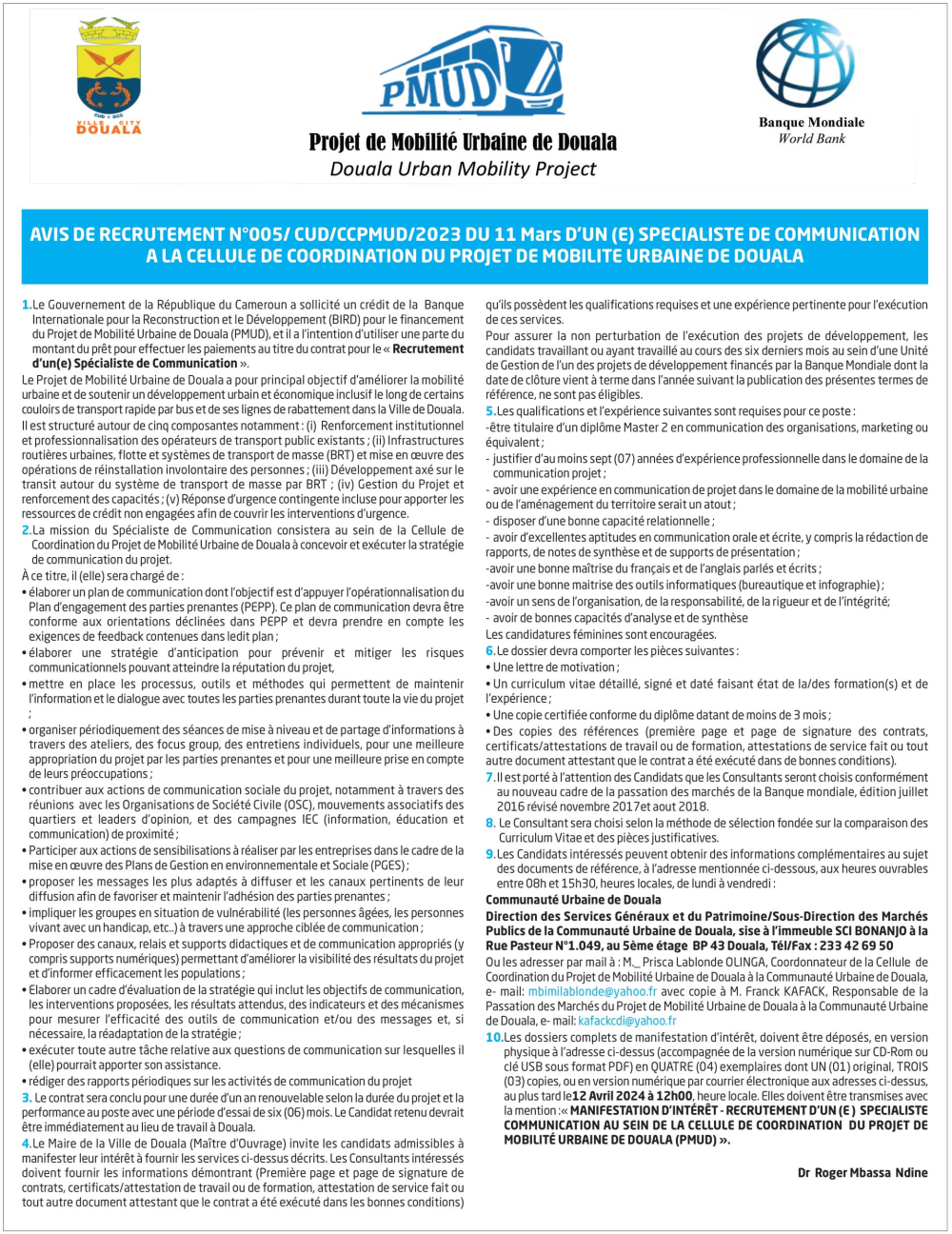
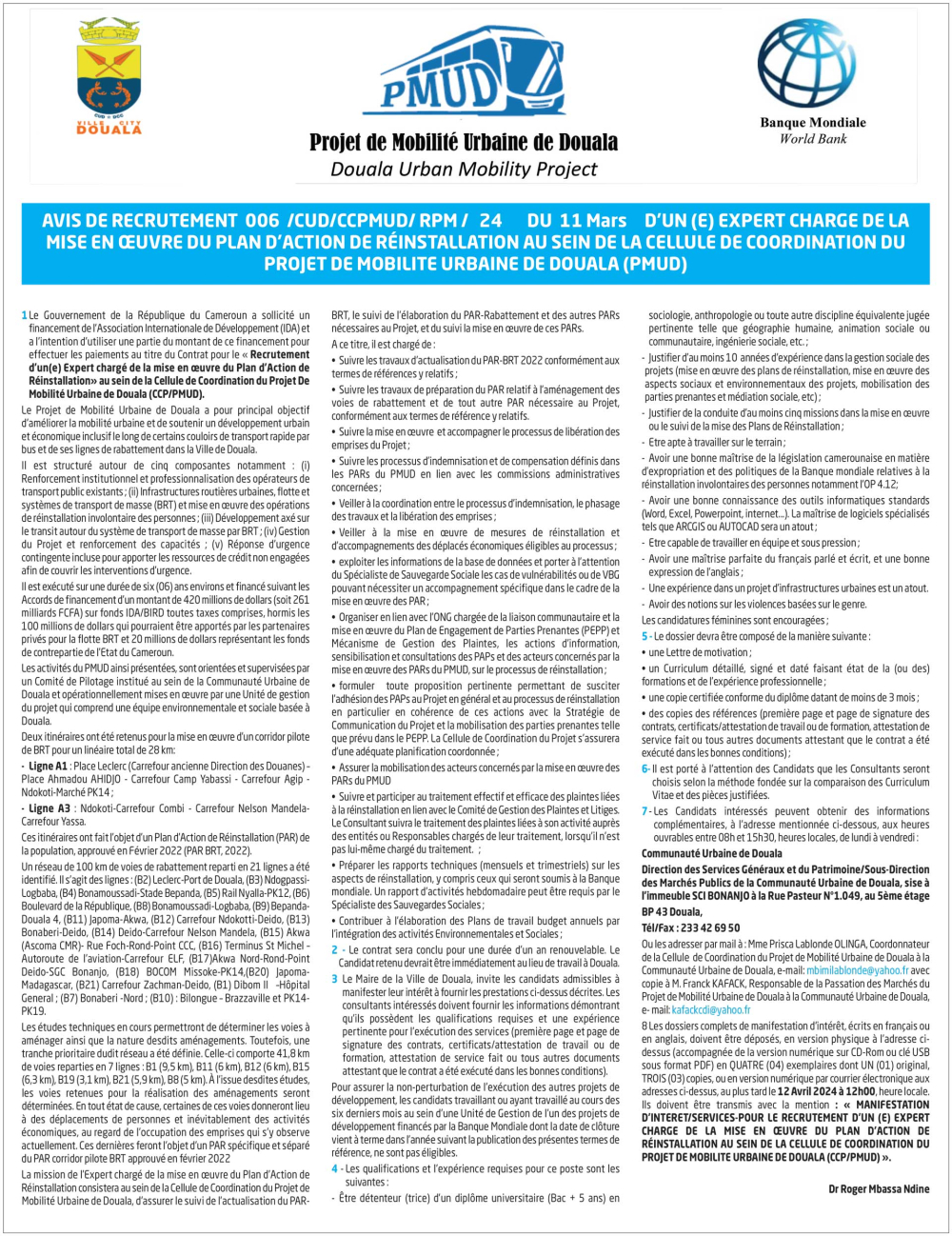
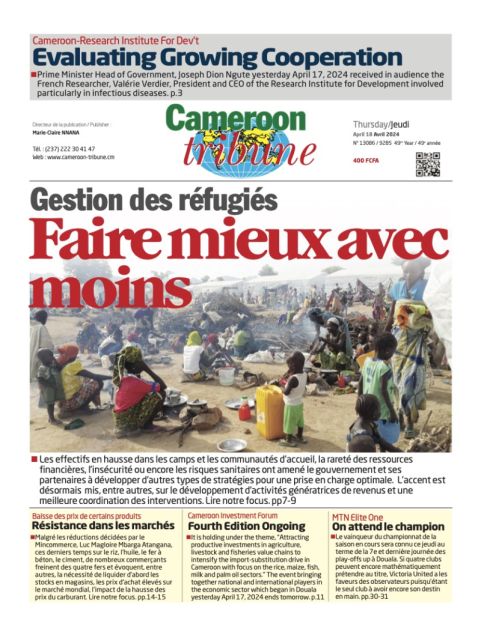




Commentaires